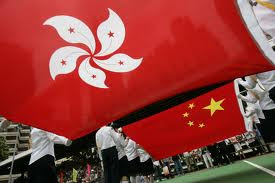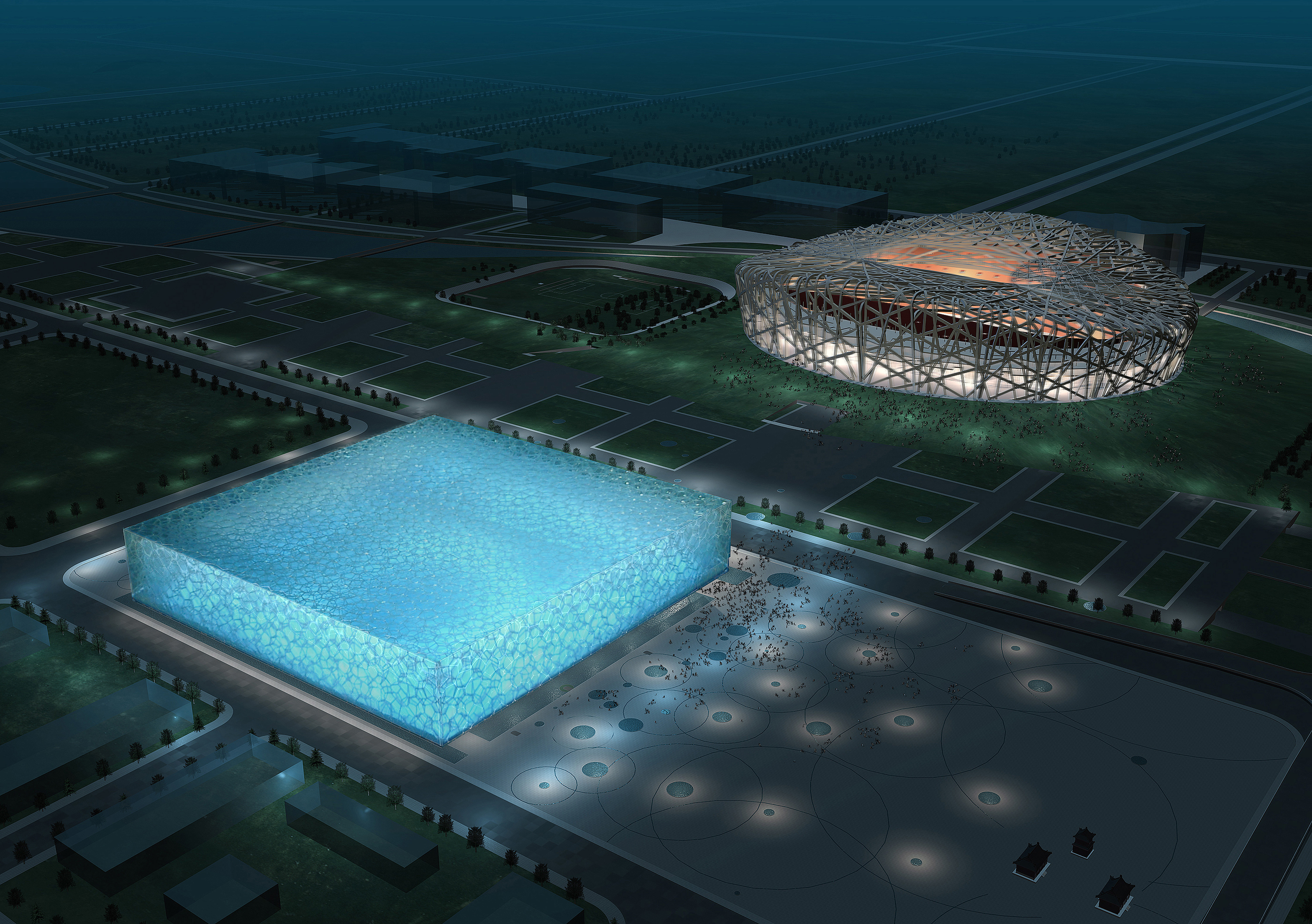
Actually, Hong Kong is a special administrative area of China, presumed to hold 34 years of his special status (50 years from 1997 on).
In our opinion Hong Kong still has big cultural, social and political differences in compairison with 'Big Brother' China.
The main difference is of course freedom (of speech and creativity).
Like in the West, we are free to trade/gain money, choose our politics in a democratic way, do wathever you do in your free time, be friended with who you want to be friended, have well basic-education in the schools for every child; once and for all be unawered for the paraonoia-ghost conducted by the Chinese government.
But it isn't so different anymore...
Hong Kong was a colony of the United Kingdom for 99 years and it seems that they have
taken over the culture, tradition, language, politics and justice.
You have to take notice of the '50s, '60s till the end of the '70s: Hong Kong Chinese people were poor and have to work long hours to survive in their income. At these times, they were exploited by the British people, working in factories, building infrastructures, taking jobs that no distinguished Englishman wants to do, etc...
So, when possible, many Hong Kong people emigrated to the West, mainly to the big sea-harbours of United States, Canada and Western Europe, because a boat/cruise ship still is the cheapest way to go to other continents and a harbour has excellent logistics and social-economical advantages.
As by the booming of their cantonese pop- and filmculture in the mid '70s (thanks to Bruce Lee and the cantonizing from movies and tv-serials), the economical impact was huge and many Chinese businessmen became integrated in the rich layer of the British Empire. They have developped a certain social-security structure for the hardworking people with exemples of minimum health-care, better rights, solidarity, etc...
Within short time they have the opportunity to create a better lifestyle and education for the next generation.
After the takeover in July 1997, many rich people were afraid of the involvement of Mainland China. Not without reason: the actual HK-government is said to be the marionette of puppeteer PRC's. The Chinese mid-class still consider HK as the land full of opportunities and they come with mass under the guise as 'tourist' to the yet overpopulated "Fragant Harbour". Longtime habitants / autochthonous of HK are complaining about these 'mandarin-spoken tourists' because of their mentallity, manners, abusing behaviour of our system (f.e. pregnant 'mainlanders' come to HK to give birth and have special treatments and staying passes, rather than to prefer HK people who are set in a waiting-list from different hospitals.)
Because HK is a little region (1087 km2) with about 7097600 habitants, everything is set on waiting-lists: education, health-care, justice...
We know for example that only the best students are admitted to the best schools, so every parent has to choose three, four schools according their preferences and when there isn't a place for them, the chance will be significant that they end in the sub-class. As you know, every parent is proud to have a son doing a liberal profession / 'professional', but when the chance is rather limited, then you know you've to search it outside Hong Kong.
Since the SARS epidemy of Hong Kong in the beginning of 2003, we've the impression of severe hygene-regulations in relation with large fines for every small matter of filth:
We understand that no living animals can be kept for consumption, but a little fishball, piece of paper, cigarette... falling accidently on the ground, is a fine. Don't let the European Government inspirate to give fines like that! Singaporian rules maybe?
As we see, China is a big country with many faces >) for it has different population groups, dialects, traditions and cultural backgrounds.
In general, China has divided the country in two groups: the rich and the poor ones.
The government has understood that there may be social conflicts going on between these two and therefore it has created special economical zones in every part of China. You can consider these as pilot projects to stimulate economic growth and to border the development/education area: "a China with two speeds" as they say.
When the eco-zones are economically boosting, then surrounding area's can benefit and new borders can be set. However, there still will be area's living in poverty, because of the lack or impossibility of infrastructure and climate/geographical circumstances.
A land with billions of people, you can only controll with a strict political-economical plan and a minimum of leaders. Otherwise, the country is able to collapse in chaos.
The Chinese have understood that religion and (false) information is able to trouble people's common goals, so censorship is the only solution to hold on the growth of a big 'factory for the world'.
We're not pro or contra China, neither for Hong Kong. We even think that China and Hong Kong are on good rate in order to achieve its objectives.
Because China can learn from Hong Kong and vice versa, the big 'yellow peril' is an example of growth and at the same time submissive for its master(s)/partner(s) and therefore to keep on the Win-Win situation...
Wednesday, 20 February 2013
Hong Kong vs. China
Posted by
Rocky Chong
at
20:20
![]()
Labels: Hong Kong vs Mainland China
Subscribe to:
Post Comments (Atom)




1 comment:
Post a Comment